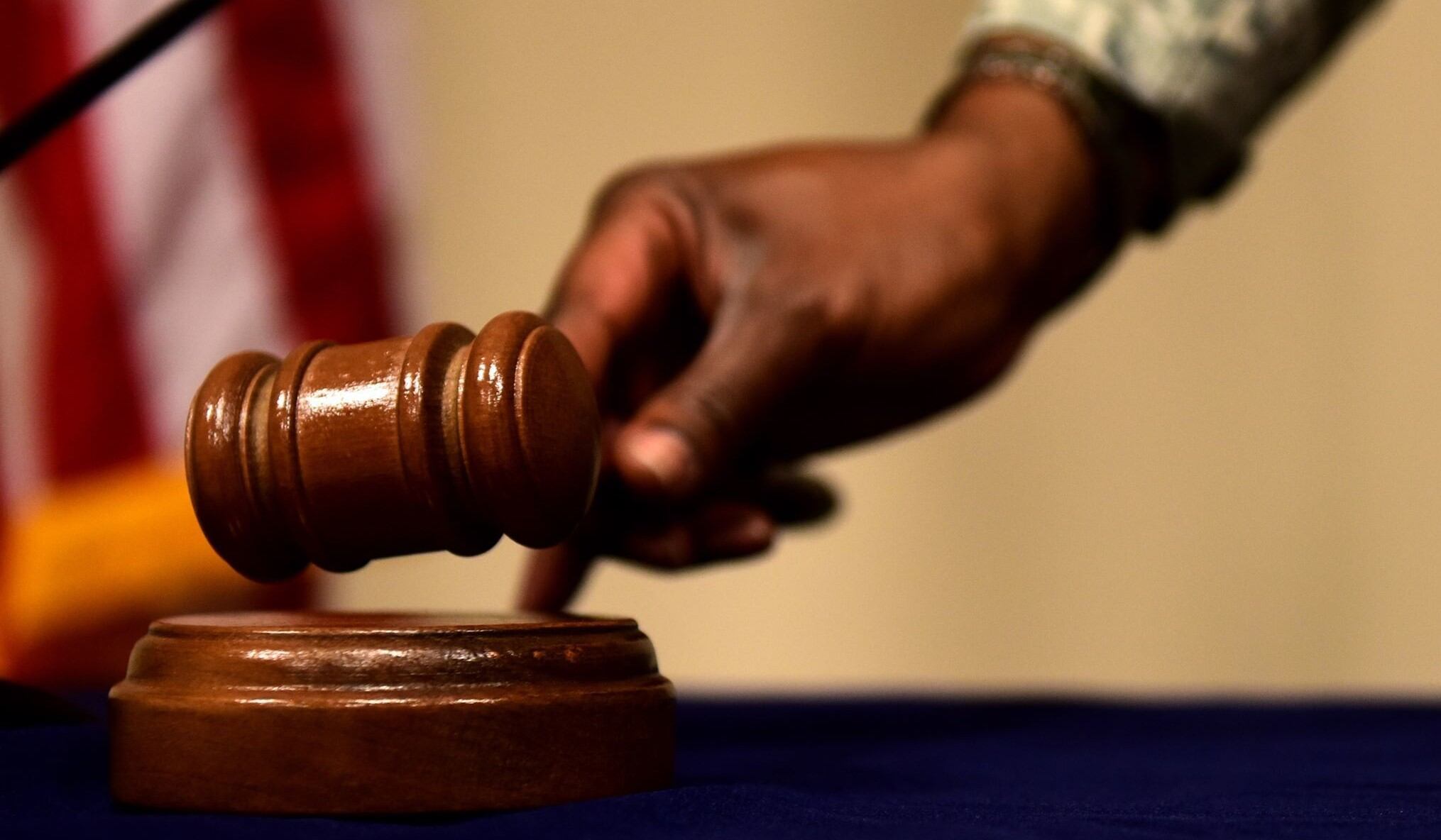A pair of former defense secretaries are backing plans to enroll all separating servicemembers in Veterans Affairs health care and extend veterans education benefits to troops with other than honorable discharges in an effort to curb homelessness and incarceration among young veterans.
The recommendations are included in a new report released Thursday by the Council on Criminal Justice’s Veterans Justice Commission, which also calls for an overhaul of post-military transition classes to better prepare departing troops for civilian life.
“Transition is still not treated as a priority by the Department of Defense,” according to the report. “The result is a fragmented and under-resourced system that leaves too many service members ill-prepared for civilian life. This lack of preparation increases their vulnerability to involvement in the criminal justice system.”
The commission is chaired by former Defense Secretary Chuck Hagel and counts among its members former Defense Secretary Leon Panetta, former Sergeant Major of the Marine Corps Alford McMichael, Georgia Supreme Court Justice Michael Boggs, and a host of other retired defense and Veterans Affairs officials.
RELATED

In a statement, Hagel said the report offers a path to provide more help to the 181,000 veterans currently imprisoned in state and federal facilities and future veterans who could face similar legal problems.
“All of our veterans should be leading healthy, productive civilian lives,” he said. “It is unconscionable that so many land in our criminal justice system, in large part because we aren’t doing more to help manage the legacy of their military deployments.”
Implementing the group’s recommendations for reforms would cost nearly $5 billion over the next decade, a figure the report authors acknowledged as costly. “But we also recognize the high cost of failing too.”
The most expensive steps would be the changes to eligibility for VA health care and veteran education benefits.
Currently, troops leaving the military can use some VA medical services for up to 10 years after their separation, but the process is not automatic. Fewer than half take advantage of the benefit.
“Given the heightened likelihood of multiple deployments, combat exposure, and associated injuries … the absence of robust care increases the risk that these conditions will not be sufficiently treated, therefore leading to an elevated likelihood of violent and criminal behavior,” the report stated.
“Additionally, veterans lacking VA care and benefits are more likely to face financial insecurity, a factor that has been linked to a greater propensity for criminal behavior.”
Similarly, the report argues that making GI Bill benefits available to more veterans can stave off potential future financial problems and criminal temptations. Currently, veterans with other than honorable separations (about 12,000 troops annually) are not eligible for education assistance.
“While other than honorable discharges comprise approximately 6% of all discharges, they make up 18% of the discharges held by incarcerated veterans,” the report stated.
Implementing those changes — and most of the others in the report — would require congressional action. At present, there are no legislative proposals moving through the House or Senate related to those kinds of benefits expansions.
The commission launched in 2022 and is expected to offer additional recommendations before sunsetting in 2025.
Leo covers Congress, Veterans Affairs and the White House for Military Times. He has covered Washington, D.C. since 2004, focusing on military personnel and veterans policies. His work has earned numerous honors, including a 2009 Polk award, a 2010 National Headliner Award, the IAVA Leadership in Journalism award and the VFW News Media award.





